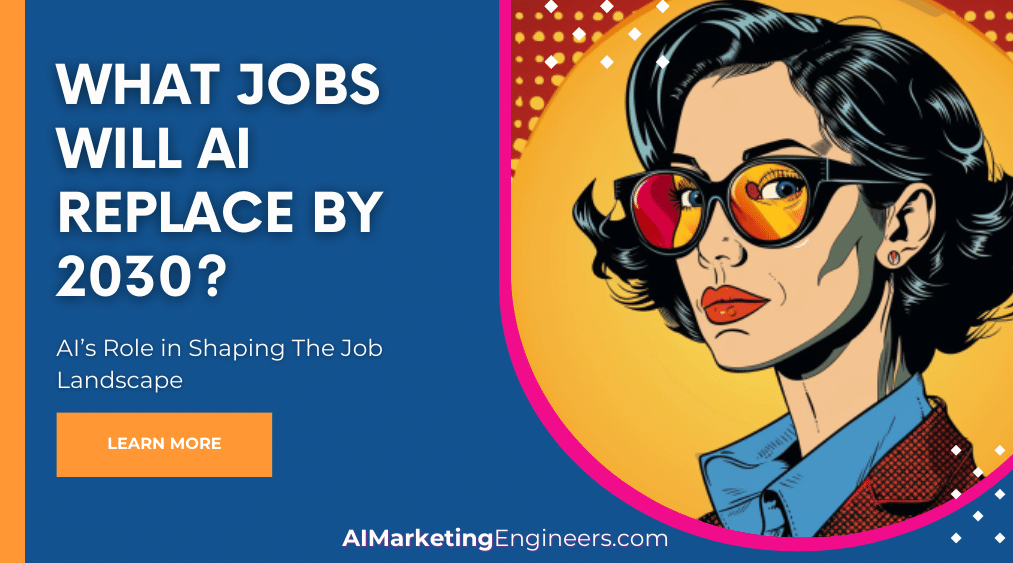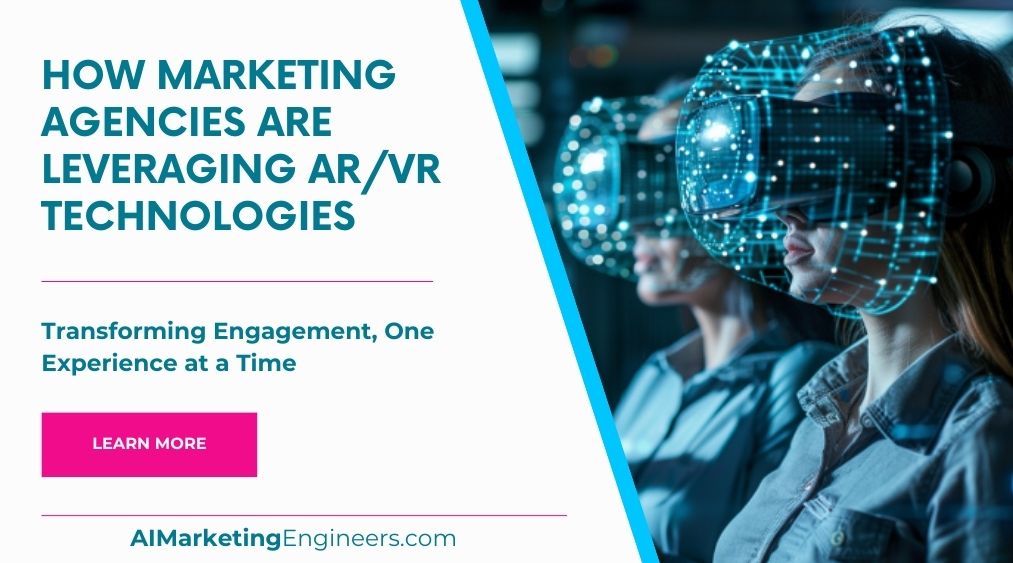Key Takeaways
✅ Widespread Automation: Jobs consisting of routine tasks, particularly in manufacturing, are highly susceptible to AI automation, necessitating a workforce shift towards more complex and creative roles.
✅ Service Industry Transformation: AI's proficiency in handling customer service interactions will revolutionize call centers and banking services, emphasizing the need for human workers to develop advanced soft skills and technical know-how.
✅ Job Creation and Evolution: Despite AI's disruption in certain sectors, it will catalyze the creation of new job categories, particularly in AI management, development, and oversight, highlighting the importance of adaptability and lifelong learning.
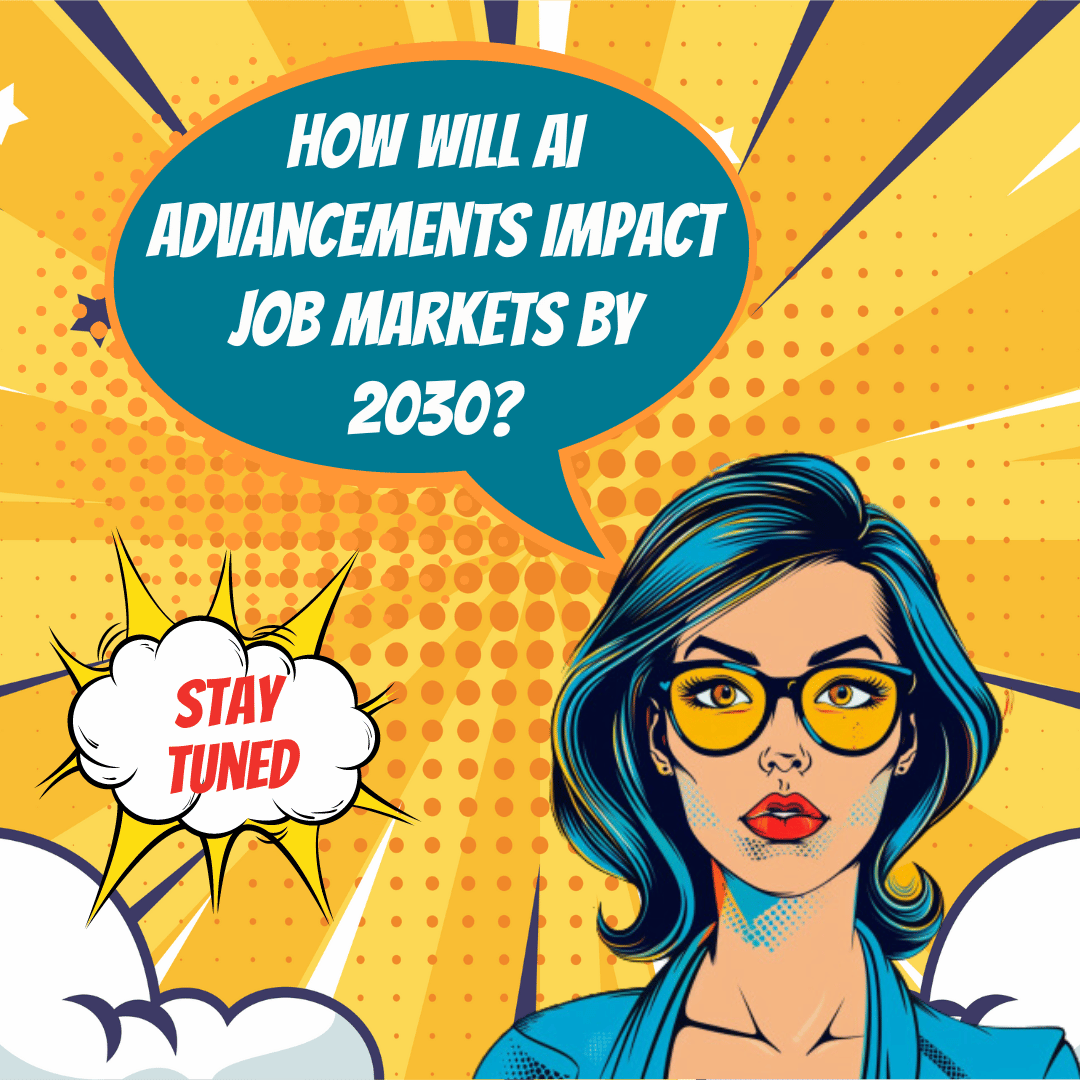
Introduction
Imagine a world where your daily tasks are efficiently handled by intelligent machines, where the hum of robots in factories replaces the bustling sounds of human workers, and your customer service calls are resolved before you can even feel a hint of frustration. Within the next decade, Artificial Intelligence (AI) is set to revolutionize the job market as we know it, fundamentally altering the landscape of employment opportunities.
From the precise hands of manufacturing robots to the endless knowledge of virtual assistants, AI's impact on jobs is both thrilling and unnerving. As we navigate these futuristic waters, let's explore which positions might soon bear the "automated" seal by 2030, including call center agents transformed into tech-savvy bots, bank tellers that live in your smartphone, and drivers whose vehicles know the way. But it's not all about job loss; this AI dawn brings with it a promise of new roles born from technological advances, heralding a wave of innovation in how, where, and when we work.
Dive into the heart of this technological evolution and discover how the AI revolution is reshaping our professional horizon.
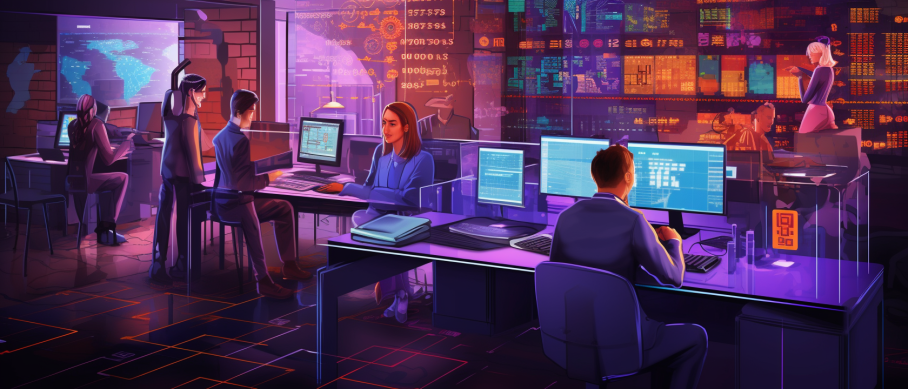
Workers in the Manufacturing Industry
The integration of AI-powered machines and robots in the manufacturing sector is accelerating, as they show proficiency in executing repetitive and precision-dependent tasks more reliably than human workers. A significant statistic from a McKinsey report underscores the potential impact, indicating that up to 800 million global jobs could face automation by 2030. The crux of this trend is the swift evolution of AI and machine learning technologies, which continually expand the range of tasks that can be automated—ranging from the assembly line operations to the more intricate quality control processes.
Call Center Agents
The customer service industry is experiencing a transformation through the rise of AI chatbots and virtual assistants. These AI tools offer around-the-clock customer service, the ability to juggle numerous requests concurrently, and deliver both rapid and precise assistance. As highlighted in reports, the advent of such technologies is apt to have the most profound impact on service-oriented jobs, especially within transportation, manufacturing, and logistics sectors.
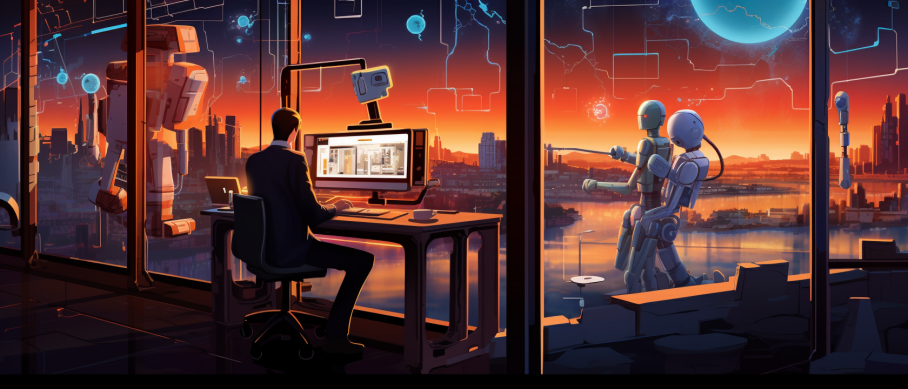
Bank Tellers
The ascension of mobile and online banking is making the conventional bank teller positions less necessary. AI systems are now capable of undertaking a slew of banking services, encompassing customer inquiries and complex transactions, with enhanced expediency and precision.
Drivers
With advancements in autonomous vehicle technology, the need for human drivers is anticipated to wane, especially impacting roles such as taxi drivers, truck drivers, and delivery personnel. The transition towards self-driving cars is predicted to significantly automate or even eliminate a number of jobs within the transportation industry.
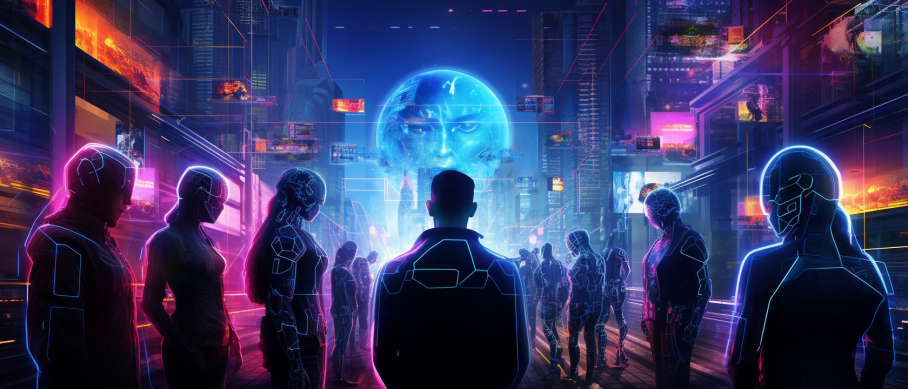
Medical Coders and Clerks
AI-driven medical transcription and coding systems are enhancing the operational aspects of healthcare by recording and interpreting medical information with greater efficiency than human clerks.
In summary, the advancement of AI is poised to reform various job roles by 2030 across multiple sectors by undertaking tasks that are repetitive, data-intensive, or process-driven. While this evolution may lead to the displacement of certain positions, it also presents opportunities for workforce development and the creation of new professions within the emerging technological landscape.
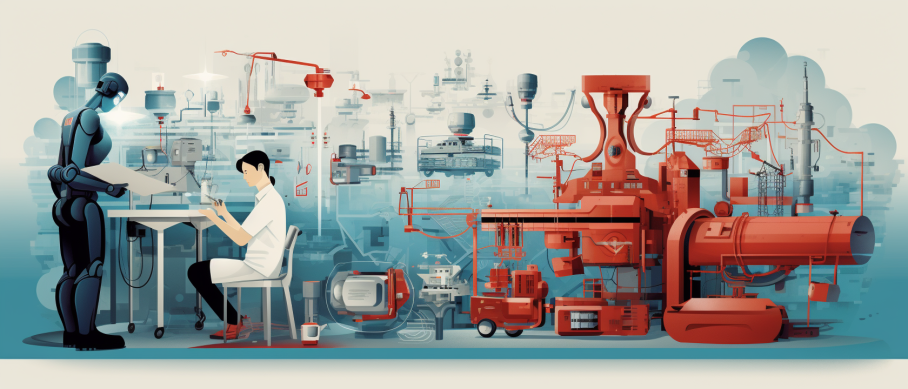
AI Marketing Engineers Thoughts
As we explore the landscape of the job market in 2030, the influence of artificial intelligence (AI) cannot be overstated. AI is anticipated to transform various industries, thus reshaping employment opportunities and the nature of work itself. Let's examine the sectors most likely to be affected by AI, with a special focus on marketing roles and analytics:
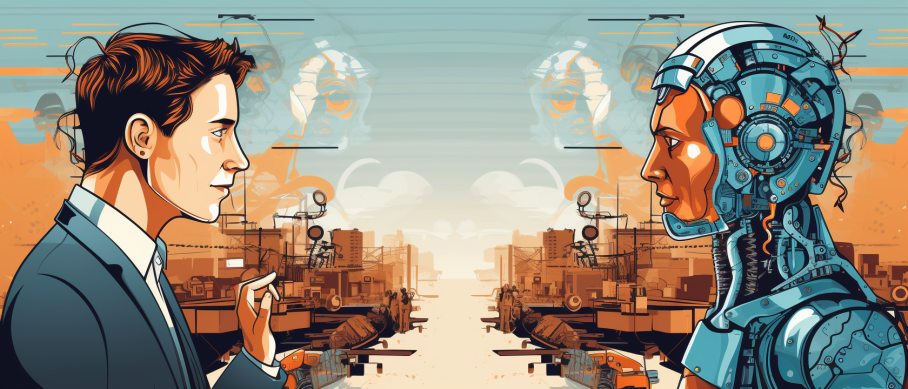
Jobs Likely to be Impacted by AI by 2030
1. Data Entry Jobs: Data entry clerks and typists may find their roles redundant as AI-powered software becomes more adept at processing and entering data with minimal errors and at an unprecedented speed.
2. Telemarketing: Given its formulaic nature, AI can efficiently take over jobs involving scripted calls and cold-calling sales techniques, personalizing interactions based on the vast amount of data it can analyze.
3. Customer Service and Support: Basic customer support tasks are already being augmented by AI-powered chatbots and virtual assistants. By 2030, expect more complex customer service roles to follow suit, with AI handling inquiries and providing solutions based on customer history and preferences.
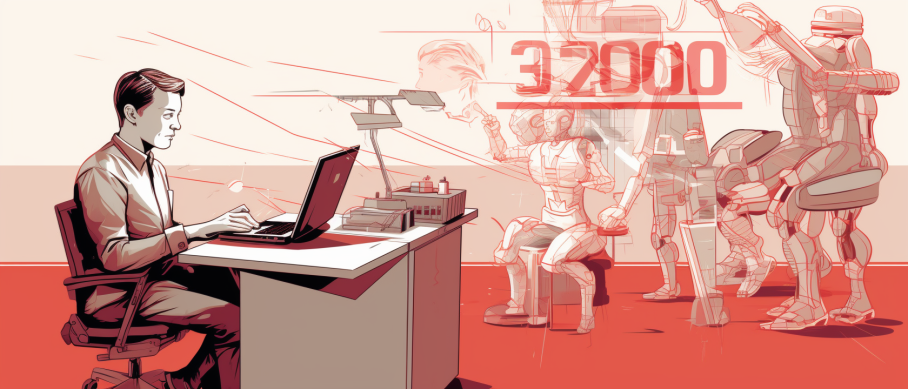
4. Retail Services: AI in retail, particularly in inventory management, personalized shopping experiences, and cashier-less checkouts, will likely mean fewer jobs for retail salespeople and cashiers.
5. Market Research Analysts: Although strategic thinking may still need a human touch, AI is expected to take over much of the data gathering, analysis, and even predictive modeling tasks typically performed by market research analysts.
6. Recruitment and HR Roles: AI could replace many functions within HR and recruitment, including resume screening, initial candidate outreach, and basic HR inquiries.
7. Transport and Delivery Services: Autonomous vehicles and drones are poised to take over many roles in the transport and logistics industry.
8. Manufacturing and Warehouse Jobs: Robotics and AI will continue to automate tasks in these sectors, reducing the need for human labor in manufacturing plants and warehouses.
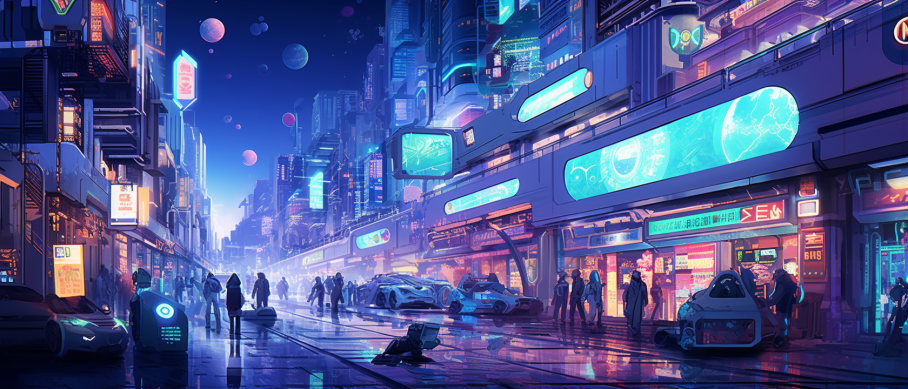
Marketing Related Roles and Implications
AI's impact on marketing is twofold — it not only automates tasks but also opens new avenues for hyper-personalized marketing and real-time decision-making:
1. Content Creation: While the initial creation of content may still need a human touch, AI can generate standardized, formulaic content such as reports, news, and updates. Creative roles will need to evolve to provide added value beyond what AI can create.
2. Digital Advertising: Programmatic ad buying, where AI automates the buying of ads and places them in optimal online spaces, is making waves in digital advertising. This could reduce the need for ad buyers and planners but increase the demand for strategy and creative input.
3. Search Engine Optimization (SEO) Specialists: While AI can optimize for current search engine algorithms, it can't as easily predict changes or understand the nuances of human searcher intent. SEO specialists will need to focus more on strategy and less on optimization tactics.
4. Analytics Specialists: AI will largely automate data collection and processing; therefore, analytics specialists will need to pivot towards interpreting data insights and strategizing based on AI-driven analytics rather than manual processing.
In conclusion, by 2030, AI is set to streamline efficiency in marketing and analytics, requiring professionals in these fields to adapt by developing strategic, creative, and interpretive skills that complement the capabilities of AI. The role of the 'AI Marketing Engineer' will become integral, focusing on the management and synthesis of AI marketing tools, guiding AI developments, and ensuring that human nuance and strategic oversight remain at the forefront of marketing endeavors.
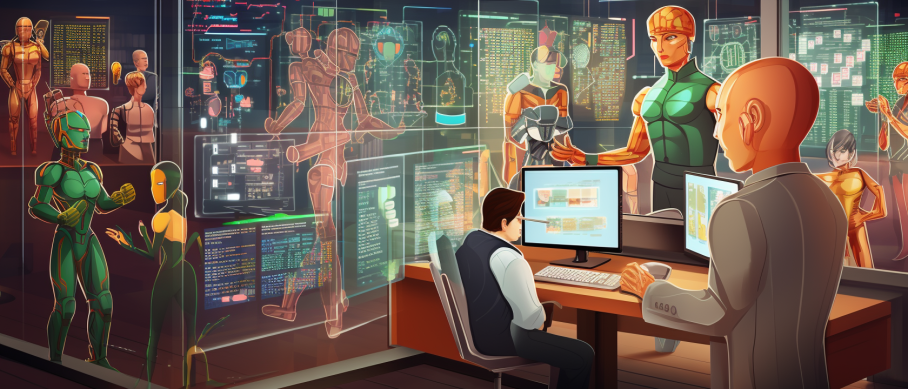
Conclusion
As we move towards 2030, the surge in AI advancements will bring about significant changes in the employment landscape, with a wide range of jobs facing the likelihood of automation. Industries ranging from manufacturing to customer service and finance to transportation are poised to experience a substantial transformation in the role of human workers.
The McKinsey report's figure of up to 800 million roles being automated illustrates the sheer magnitude and impact AI is expected to have. AI's relentless efficiency in handling repetitive and mundane tasks surpasses human capacity, pointing to an inevitable overhaul of job functions for call center agents, bank tellers, drivers, and medical staff.
While the transition may pose challenges, it concurrently unlocks avenues for creativity, innovation, and the pursuit of more strategic and fulfilling career paths. The evolution in AI equally represents an evolution in human job profiles—ushering in a future where human-machine collaboration can potentially yield better work-life balance and job satisfaction.

FAQs
Question 1: What are some industries and professions that are most likely to be impacted by AI by 2030?
Answer: Industries and professions that are likely to be significantly impacted by AI by 2030 include customer service and clerical work, automated manufacturing, accounting, tax preparation, payroll activities, driving and trucking, as well as reception and administrative roles.
Question 2: What skills will be in high demand as a result of AI adoption?
Answer: Skills that will be in high demand due to AI adoption encompass creativity and innovation, effective communication and collaboration, advanced problem-solving and critical thinking, adaptability and flexibility, as well as leadership and management capabilities.
Question 3: How can individuals prepare themselves to work alongside AI?
Answer: To prepare for working alongside AI, individuals should develop specialized skills in areas not easily replicable by AI, like creativity, critical thinking, and problem-solving. Emphasis should also be placed on continual learning and upskilling, along with maintaining an open mind towards embracing new technologies and ways of working.
Question 4: How will AI impact job creation?
Answer: AI will impact job creation both positively and negatively. While AI may displace some jobs, it is also expected to create new jobs and industries which can potentially offset the losses. Notably, fields such as AI development, data analysis, and cybersecurity are anticipated to experience job growth.
Question 5: Will AI impact wage growth and income distribution?
Answer: AI's impact on job creation can influence income distribution, as the elimination of jobs due to AI advancements might result in employment that is not easily substituted. Nonetheless, the emergence of new industries and employment opportunities created by AI can also contribute to mitigating these effects.
